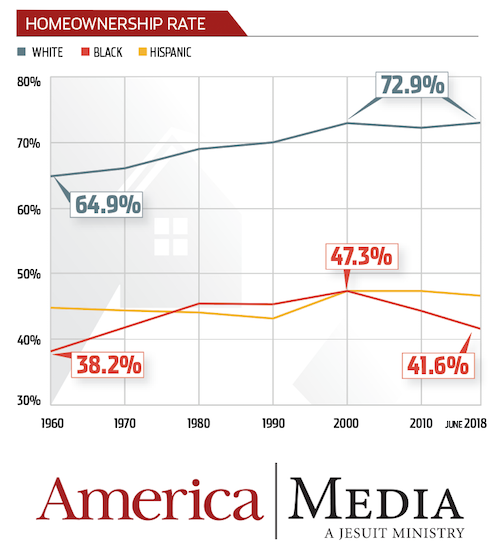Senators Tim Kaine and Orrin Hatch have introduced a bipartisan bill that would expand the Fair Housing Act to include low-income families and veterans.
The “Fair Housing Improvement Act of 2018” expands the anti-discriminatory language of the original law to include source of income and veteran status. Last year, Sen. Kaine introduced the “Fair and Equal Housing Act of 2017,” which would have made discrimination based on sexual orientation and gender identity illegal at the federal level.
“As a fair housing lawyer, I witnessed the pain experienced by families who were discriminated against as they searched for a home,” Sen. Kaine said in a statement. “Housing decisions should be made on a potential tenant’s merits, not harmful prejudices that hurt the nation’s veterans and families in-need. The Fair Housing Improvement Act will help us continue that long pursuit to protect all Americans from discrimination.”
Currently, Congress provides vouchers to help 2.2 million veteran and low-income households and the Department of Housing and Urban Development recently launched an effort to get more landlords to accept housing vouchers.
“It will put an end to the immoral housing discrimination against veterans and others who rely on veterans’ benefits, social security disability, or other non-wage legal income,” Sen. Hatch said. “This bill will address the fact that Source of Income is not a protected class under the Federal Fair Housing Act, thereby helping to remove an unnecessary barrier facing Utah families and veterans on the path to self-reliance.”
Although the Fair Housing Act was introduced in 1968, the homeownership gap between racial groups continues to persist throughout the country. According to U.S. Census data, the homeownership rate for African-American households slipped to 41.6 percent in the second quarter of 2018 after peaking in 2000 at 47.3 percent. It is 31.3 percentage points lower than the homeownership rate for non-Hispanic white households, while in 1970 it was only a difference of 24.3 points.


